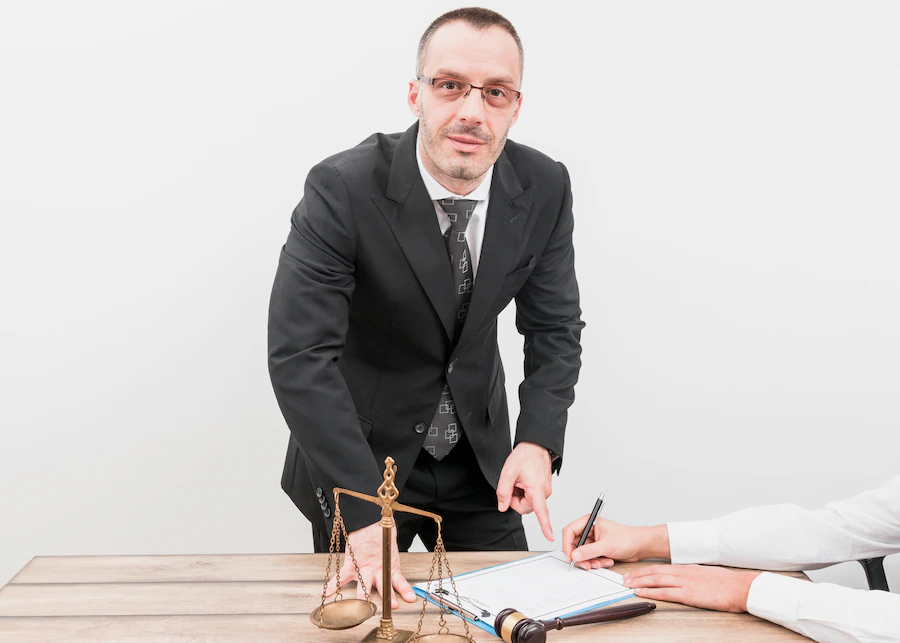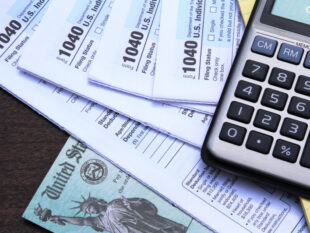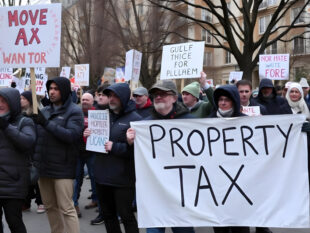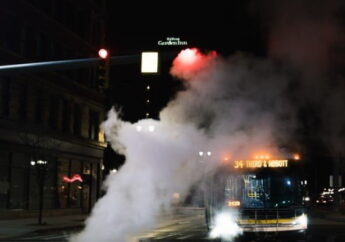Your Safety, Their Duty: Breaking Down Premises Liability
by Barsha Bhattacharya Legal Published on: 19 January 2024 Last Updated on: 05 March 2024

When visiting a property, whether it’s a retail store or a friend’s backyard, we naturally expect a safe environment. However, accidents can happen, and they are sometimes due to hazardous conditions on someone else’s property.
This is where the expertise of a Temecula premises liability lawyer becomes essential, offering guidance in situations where property owners may be held accountable for injuries sustained on their premises. This article aims to demystify the concept of premises liability, particularly for young readers, highlighting the legal responsibilities of property owners.
Understanding Premises Liability

Premises liability law is a key aspect of ensuring safety in public and private spaces. It’s not just about slipping on a wet floor; it covers a wide range of potential hazards. From a broken staircase in a shopping mall to an unfenced swimming pool in a neighbor’s yard, the law requires property owners to take reasonable steps to prevent accidents. This could mean fixing broken lights, cleaning up spills quickly, or putting up warning signs around a construction site. If a property owner neglects these responsibilities and someone gets hurt, they could be held legally responsible.
In schools, for instance, this means ensuring that playground equipment is safe and that hallways are free of obstacles. In a store, it means cleaning up spills and ensuring shelves are securely fastened. For homeowners, it’s about maintaining sidewalks and keeping pets securely contained. These laws are in place to ensure that whether you’re at school, shopping, or visiting a friend’s house, you can expect a reasonable level of safety.
Types Of Visitors And Owner’s Responsibility

Property owners have different levels of responsibility based on who is visiting their property. An invitee, such as a customer in a store, is owed the highest level of care. This means store owners must regularly check for potential hazards and fix them promptly. Licensees, like party guests, also deserve a safe environment, but the expectation is slightly different; for instance, homeowners don’t need to inspect their homes as frequently as a business would.
Even trespassers who enter property without permission have some protection under the law, especially if they’re children. For example, if a homeowner has an unfenced pool and a child wanders in and gets injured, the homeowner might still be liable. This is known as the “attractive nuisance” doctrine, which recognizes that children might be drawn to potentially dangerous features like pools or trampolines, and property owners should take steps to protect them.
Proving Owner’s Negligence

To prove that a property owner was negligent, it’s not enough to show that an injury occurred on their property. One must demonstrate that the owner knew or should have known about the hazardous condition and failed to address it. This might involve showing that the owner ignored repeated warnings about a loose railing or didn’t put up warning signs around a wet floor.
Documenting the scene of the accident can be crucial in these cases. This could mean taking photos of the hazard, collecting statements from witnesses, or obtaining a copy of the accident report if one was filed. All these pieces of evidence can help build a strong case showing that the property owner failed in their duty to provide a safe environment.
Role Of Legal Assistance

A premises liability lawyer can be a crucial ally in navigating these complex cases. They can help in identifying all the liable parties – it’s not always just the property owner. For example, in a rental property, both the landlord and the tenant might have some responsibility for maintaining safe conditions. A lawyer will also know how to navigate the legal system, file the necessary paperwork, and meet important deadlines.
Moreover, a lawyer can negotiate with insurance companies on behalf of the injured person. Insurance companies often try to settle for less than what might be fair. A knowledgeable lawyer can argue for a settlement that truly covers the cost of medical bills, lost wages, and other damages. In cases where a settlement can’t be reached, a lawyer can represent the injured party in court, fighting for their right to fair compensation.
Conclusion
Premises liability is a vital part of personal injury law that touches everyone’s life. It’s about creating a balance where property owners take reasonable steps to prevent harm, and visitors take responsibility for their safety. Understanding these laws can empower individuals to know their rights and seek justice if they’re injured due to someone else’s negligence.
Read Also:







































































































